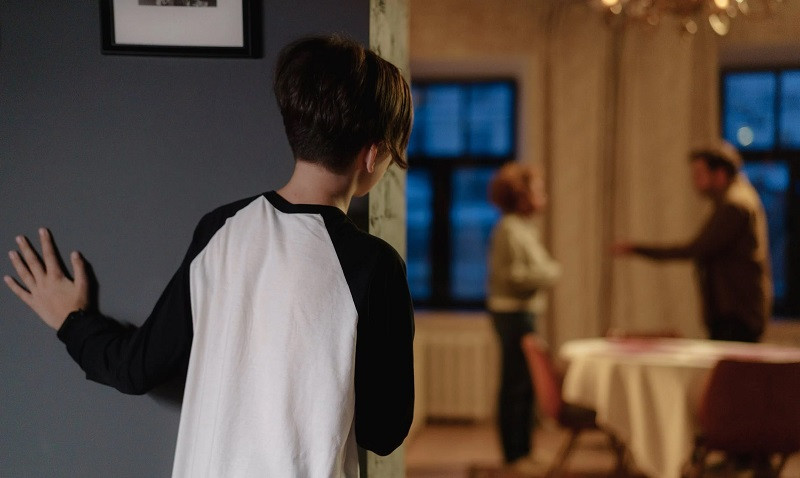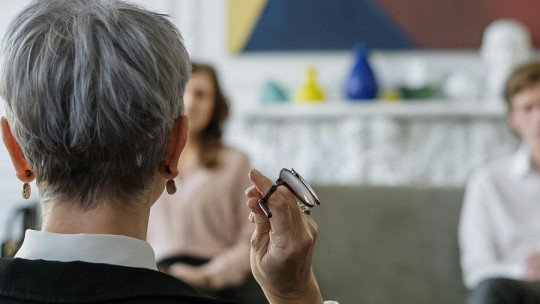In psychology, the idea that “the whole is more than the sum of its parts” is one of the valid principles in practically any of the areas of this science. And couples therapy is no exception in this sense. Therefore, once two people in a dating or married relationship have a son or daughter, the relationship experiences a qualitative change, for better and worse.
On some occasions, this gives rise to challenges that are difficult to face, such as the need to adopt a parenting style that is coherent and consensual enough to not generate friction between parents.
Sometimes, the couple loves each other, but the relationship with the child (not the child itself) interferes with that relationship due to the fact that they have not met criteria. When this happens, The inability to properly manage the education of children at home triggers a couple crisis ; Let’s look at the characteristics of this type of problem.
Causes of couple crises due to not knowing how to manage parenting
As a general rule, the way in which each member of the couple exercises their role as father or mother has an impact not only on the well-being and psychological development of the son or daughter, but also on the relationships that take place within the family
This is something that many new fathers and mothers do not take into account, and that can cause problems if it remains ignored for a long time: seeing our partner being another member of the family and getting involved in roles that go beyond that of “husband.” , “wife”, “boyfriend” or “girlfriend” also influences the emotional and intimate bond we maintain with that person.

Taking this into account, below we will see how problems in properly managing parenting and education tasks and strategies at home can generate a couple crisis in those who have children in common.
1. It gives rise to jealousy dynamics
Although it may seem surprising, jealousy They do not only occur when faced with the idea of suffering infidelity or in the context of siblings competing for parental attention One or both members of the couple may also suffer from jealousy towards the other if they feel that their behavior towards the child they have in common leaves themselves in a bad light. For example, if it is always our turn to apply the rules and enforce punishments, and the other person always shows the more permissive and condescending side of themselves.
2. It facilitates the emergence of fear of the minor’s lack of protection
If a person feels that their partner does not care enough about the safety and well-being of their son or daughter, it may reach the point of never being able to relax by delegating parenting responsibilities, for example. the fear that the other person will apply parenting measures that we consider inappropriate or even negligent
In the most extreme cases, one of the parents may assume that the presence of his or her partner gives rise to dangerous situations for the boy or girl due to the latter’s lack of parental skills (for example, thinking that the child may ask for permission). to go out and play in the street and receive the “yes” from the other adult).
3. Fuel the clash between ideologies
In people who are in a relationship with other people with significantly different ideologies, discrepancies when raising children can enhance this type of “clashes” between life philosophies and ways of interpreting what is desirable and undesirable, what is good. and the bad. For example, it may happen that one person tries to instill a competitive spirit in a child, while the other tries to instill values more related to compassion, cooperation and mutual care. Thus, differences that already existed are catalyzed latently in the way of thinking of both adults.
4. Generates shame in front of others
Finally, the fact that people outside the family nucleus witness the inconsistencies in parenting makes many couples feel very frustrated and ashamed when they feel judged based on something they It is assumed that it should work smoothly and without constant conflicts
Are you looking for psychological assistance?
If you are interested in having psychological support for adults, adolescents, couples or families, contact me.
I am Froilan Ibáñez, a psychologist specialized in the cognitive-behavioral approach, and I offer my services online or in person at my office located in Castellón.









